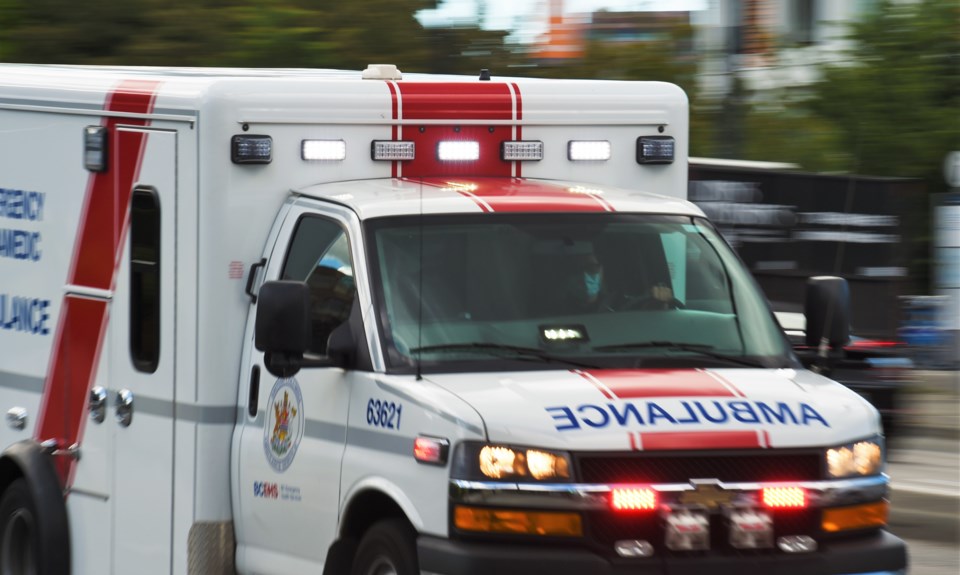For the past two weeks, Glacier Media has brought you stories about B.C.’s opioid crisis – who is dying, families whose lives have been shattered by those deaths, what governments are doing about the issue and what average people think about those efforts.
It’s a tragedy that’s touched every part of the province. We’re not immune on the North Shore. People – often younger men – are continuing to die here on disturbingly regular basis. Most aren’t dying on street corners. They die in their own homes, with their families in the next room.
Even among those who don’t die of an overdose, the contaminants in the drug supply have left many users with irreversible brain damage – a horrific legacy that will continue for decades to come.
Greater minds than ours have pondered what to do about the worsening crisis. It’s a complex problem that defies easy solutions – here and all over both Canada and the U.S.
B.C.’s chief coroner has estimated that more than 100,000 people in B.C. have an opioid use disorder.
In the Metro Vancouver area, there is public support for expansion of a safe supply of drugs, which would be the most immediate way to keep more people from dying. That’s the first step. Also important is access to a full range of treatment programs, which are still too often lacking on the ground, despite the political rhetoric.
One thing is overwhelmingly clear: what we’re doing now isn’t working. It’s beyond time to try something new.
This editorial is part of an in-depth, provincewide journalistic effort by Glacier Media to examine the scope, costs and toll of the opioid and toxic drug crisis in British Columbia – a public health emergency that has taken at least 11,807 lives since 2016. If you or someone you know is in an emergency, call 911. If you need help with substance abuse, call the B.C. government's alcohol and drug information and referral service at 1-800-663-1441. It's available 24 hours a day.



